- Home
- slideshows
- miscellaneous
- Huawei developed a 'plan B' operating system for smartphones in case it was banned by the US government from using Google products. Here's what we know about it so far.
Huawei developed a 'plan B' operating system for smartphones in case it was banned by the US government from using Google products. Here's what we know about it so far.
Huawei's own home-grown mobile operating system is reportedly called "HongMeng OS."

HongMeng OS is likely the "plan B" operating system Huawei mentioned previously.
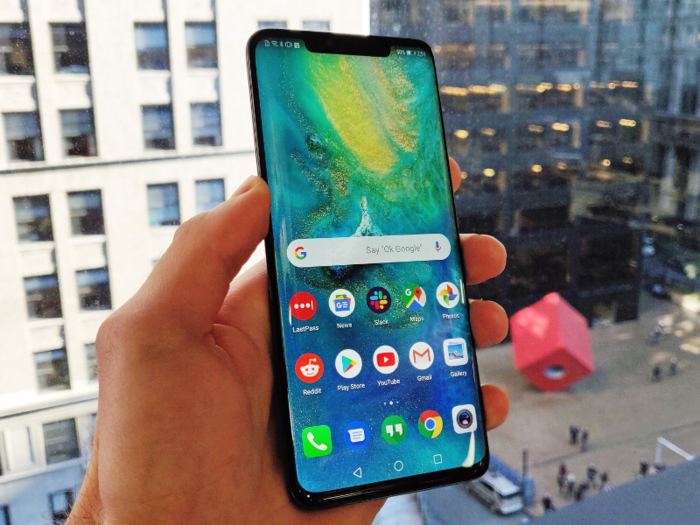
HongMeng OS could be Huawei's "plan B" operating system that Richard Yu, the head of Huawei's Consumer Business Group, mentioned during an interview with German news site Die Welt in March 2019.
Huawei has reportedly been developing HongMeng OS since 2012.
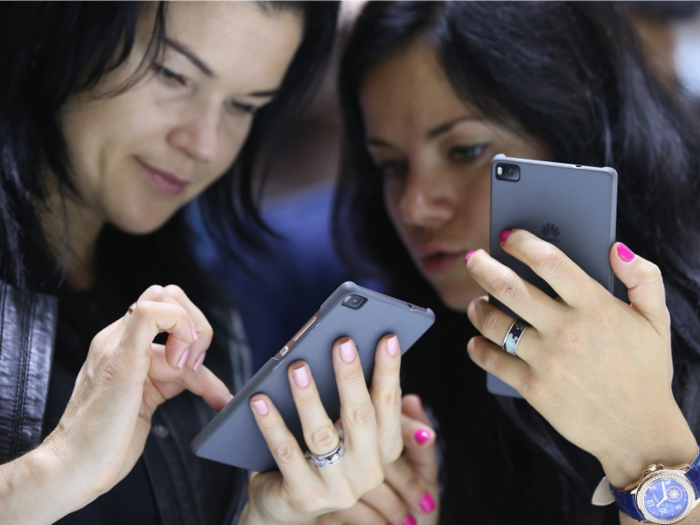
HongMeng OS has supposedly been under development for seven years — since 2012 — according to Huawei news site Huawei Central, citing sources from China.
Whether Huawei is building its own operating system or not, the company has a huge roadblock to deal with.
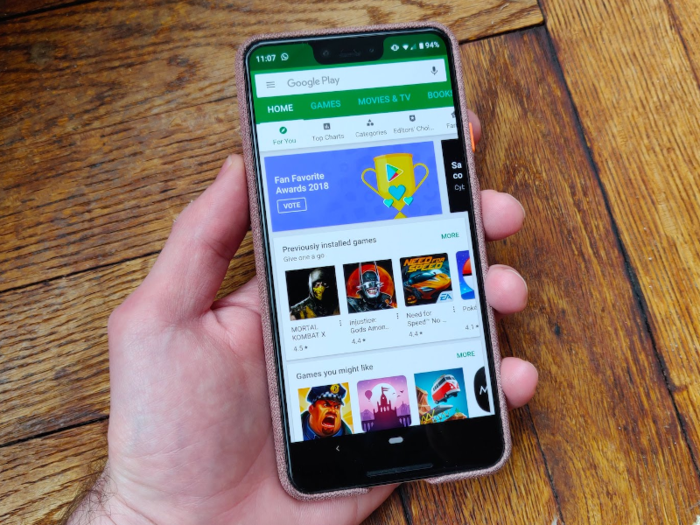
Dr. Wang Chenglu, president of Huawei's Consumer Business Software Engineering, told Chinese media in September 2018 that while developing an operating system itself wasn't difficult, it's the ecosystem and app support that would be the biggest roadblock for a Huawei-made mobile operating system.
Mobile platforms absolutely need a healthy ecosystem, especially when it comes to apps. Lack of app support will almost certainly foretell the death of any newcomer to mobile platforms. It was always the biggest problem with Microsoft's Windows mobile platform.
For Microsoft, it was an ever-ending cycle of doom: Windows phones had the lowest market share, so app developers didn't want to spend the time and money to develop apps for Windows phones. And since popular apps were slow to become available on the Windows mobile platform — if at all — Windows Phone had significant issues gaining any market share.
Samsung also tried its hand in 2015 at offering phones that ran on the company's own homegrown operating system, called Tizen. Needless to say, Samsung Tizen phones aren't exactly popular. In a Samsung Tizen phone review, Ars Technica wrote "We weren't impressed. It felt like a hollow copy of Android without any apps." And that's exactly what a Huawei operating system will likely feel like, too.
Huawei's operating system might actually be fine in China, but Google's Android ban will make Huawei phones less appealing elsewhere.
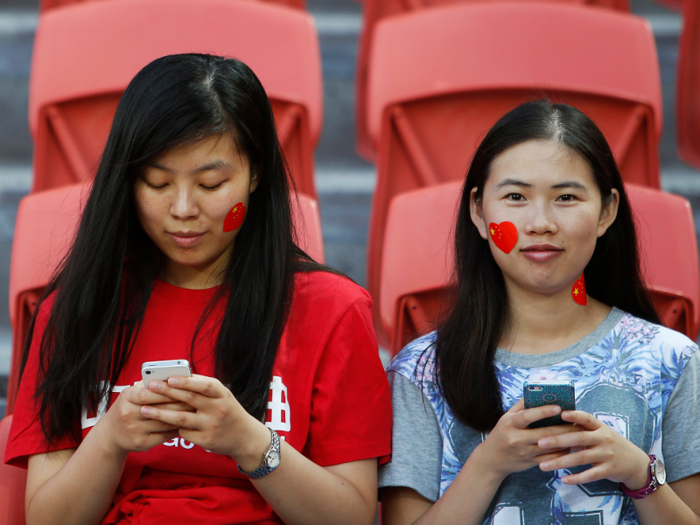
Chinese smartphone users are already used to handling Android phones that don't come with Google's Play Store, including Google's own apps and all the popular third-party apps available from the Play Store — the Google Play Store and Google's apps are banned in China.
Elsewhere, however, where access to Google's Play Store, Google apps, and popular third-party apps are plentiful, consumers aren't very likely at all to adopt Huawei smartphones that don't have access to the apps they want.
Google's lack of support could have massive implications for Huawei's global smartphone business, and its current standing as the second- or third-biggest smartphone maker in the world is in jeopardy.
Reports suggest Huawei phones could still run on a basic version of Android with Huawei's own EMUI interface running on top, but that wouldn't change much for Huawei.
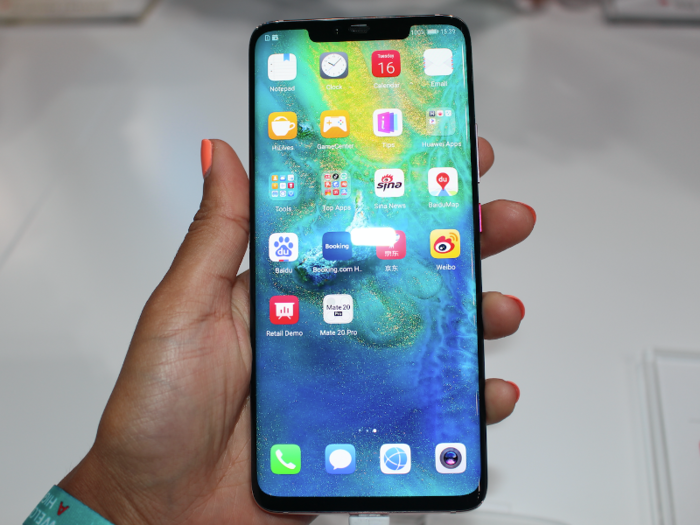
It's possible that Huawei could adopt the open-source and bare-bones version of Android. Huawei's own interface that runs on top of Android on its smartphones, called EMUI, could potentially make Google's ban unnoticeable to the typical smartphone user. Huawei could resume as normal, at least for the consumer in China.
Still, without active support from Google for new features, future updates, and future versions of Android, Huawei would be under more strain to bring high-end features to its future smartphones.
And it's still unclear how recent developments with Google and Android will affect Huawei's highly anticipated foldable Mate X smartphone.
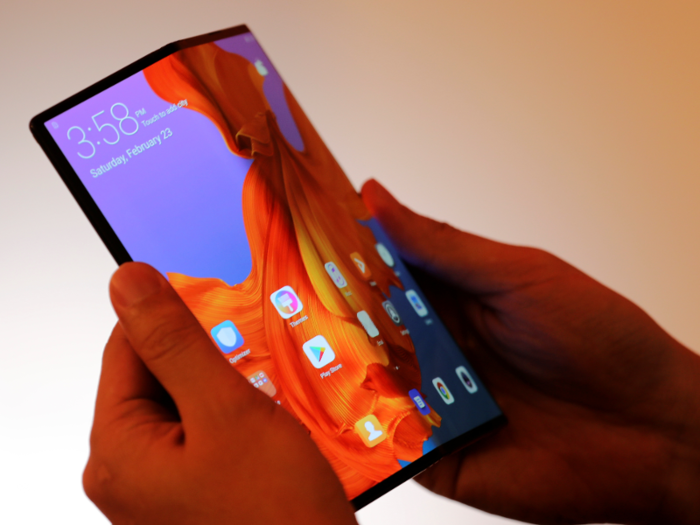
Google's support would have been important for Huawei to develop a version of Android that runs on Huawei's highly anticipated foldable Mate X smartphone.
Now, Huawei is on its own. We'll have to wait and see how it all plays out, not just for Huawei's regular smartphones, but also its foldable smartphones.
Popular Right Now
Popular Keywords
Advertisement